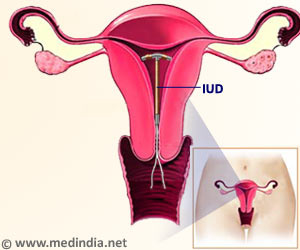Women are more adversely affected by strokes or mini strokes than men after a new study found that their quality of life is poorer after the incident compared to their male counterparts

A total of 496 patients agreed to take part - 379 were stroke patients and 117 had experienced a transient ischemic attack (TIA), often known as a mini stroke.
"Stroke is a disease that can affect many aspects of a patient's life" explains co-author Dr Asa Franzen-Dahlin, a nurse researcher from the hospital's Department of Internal Medicine.
"Physical problems are easy to identify, but personality changes and cognitive decline - a reduction in the ability to think, concentrate, formulate ideas, reason and remember - are often only noticeable to those closest to the patient," she said.
Some of the important findings of the study included:
Response rates were 50 percent in the stroke group and 40 percent in the TIA group.
Advertisement
Male stroke and TIA patients tended to be younger than female stroke and TIA patients (72 versus 75 years and 76 versus 78 years respectively).
Female TIA patients were significantly more affected in all quality of life domains than male TIA patients.
Male stroke patients were significantly more affected in certain domains than male TIA patients (total domain, plus emotional, energy and social domains), but there were no significant differences between female stroke and TIA patients.
"Our study shows that female stroke patients are more affected than male stroke patients when it comes to quality of life" concluded co-author Dr Ann Charlotte Laska from the Division of Internal Medicine.
"It also shows that female TIA patients are as badly affected when it comes to quality of life as female stroke patients and need the same level of support after they are discharged from hospital," she added.
The research will be published in the August issue of the Journal of Clinical Nursing.
Source-ANI














